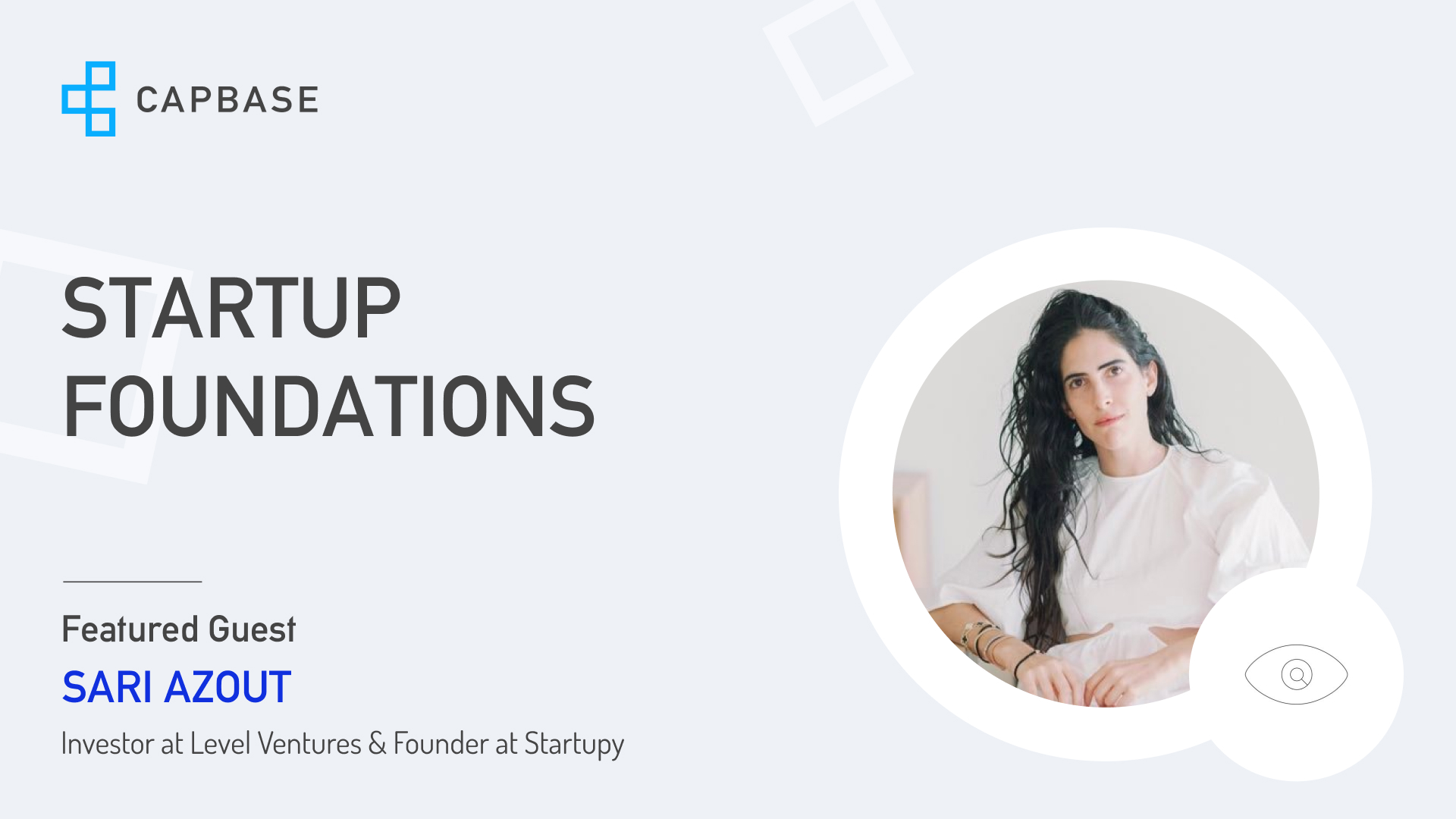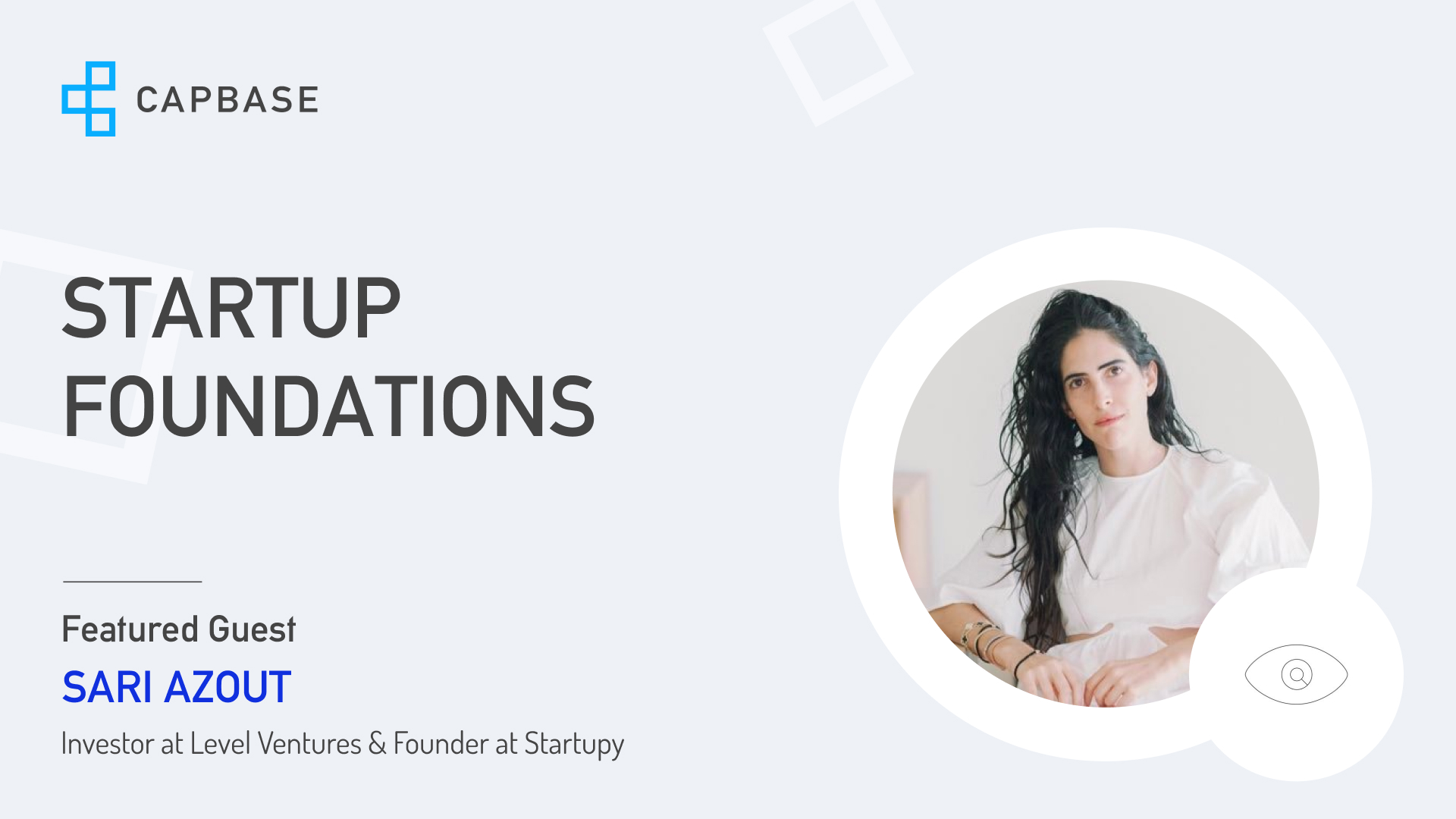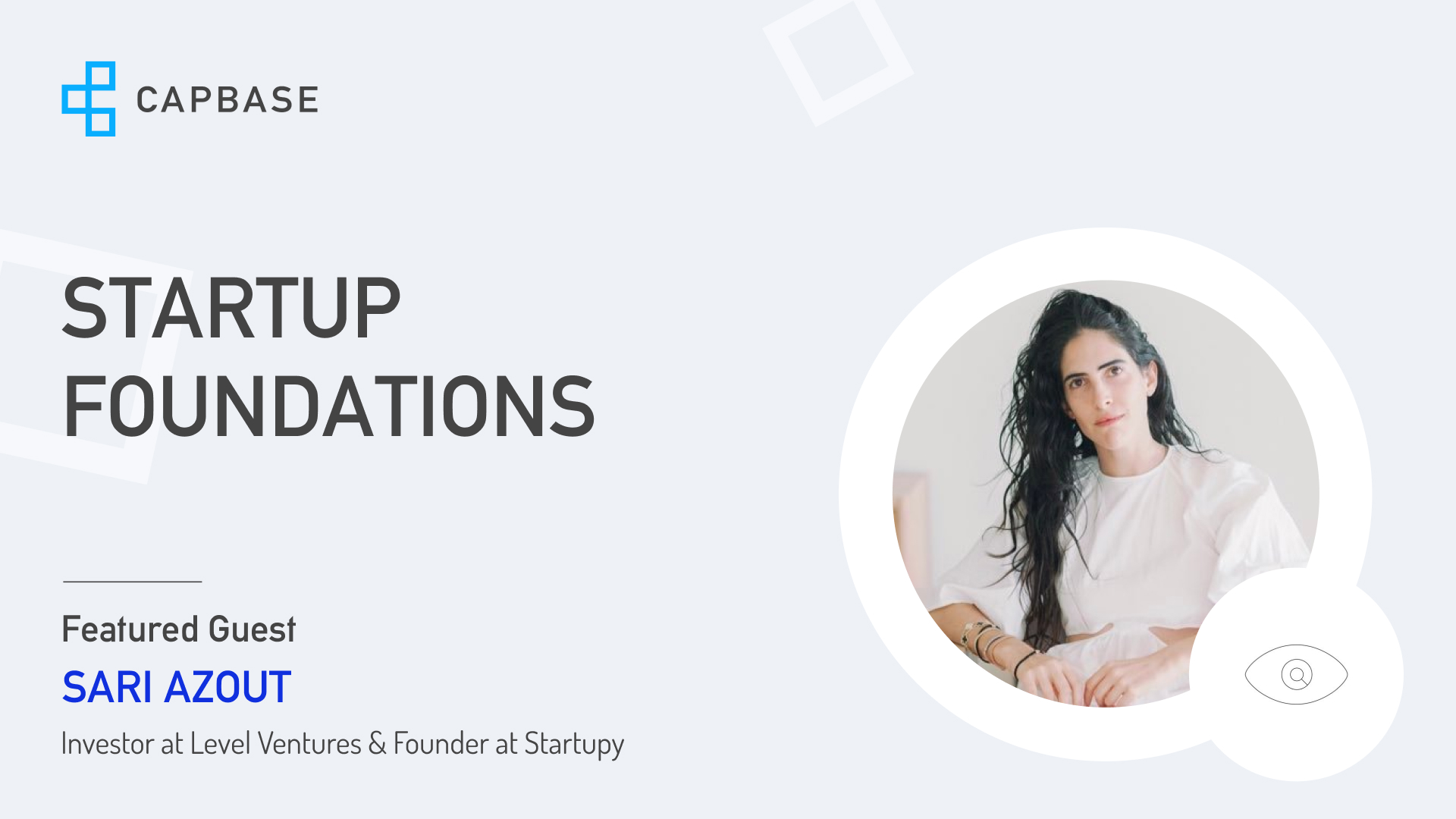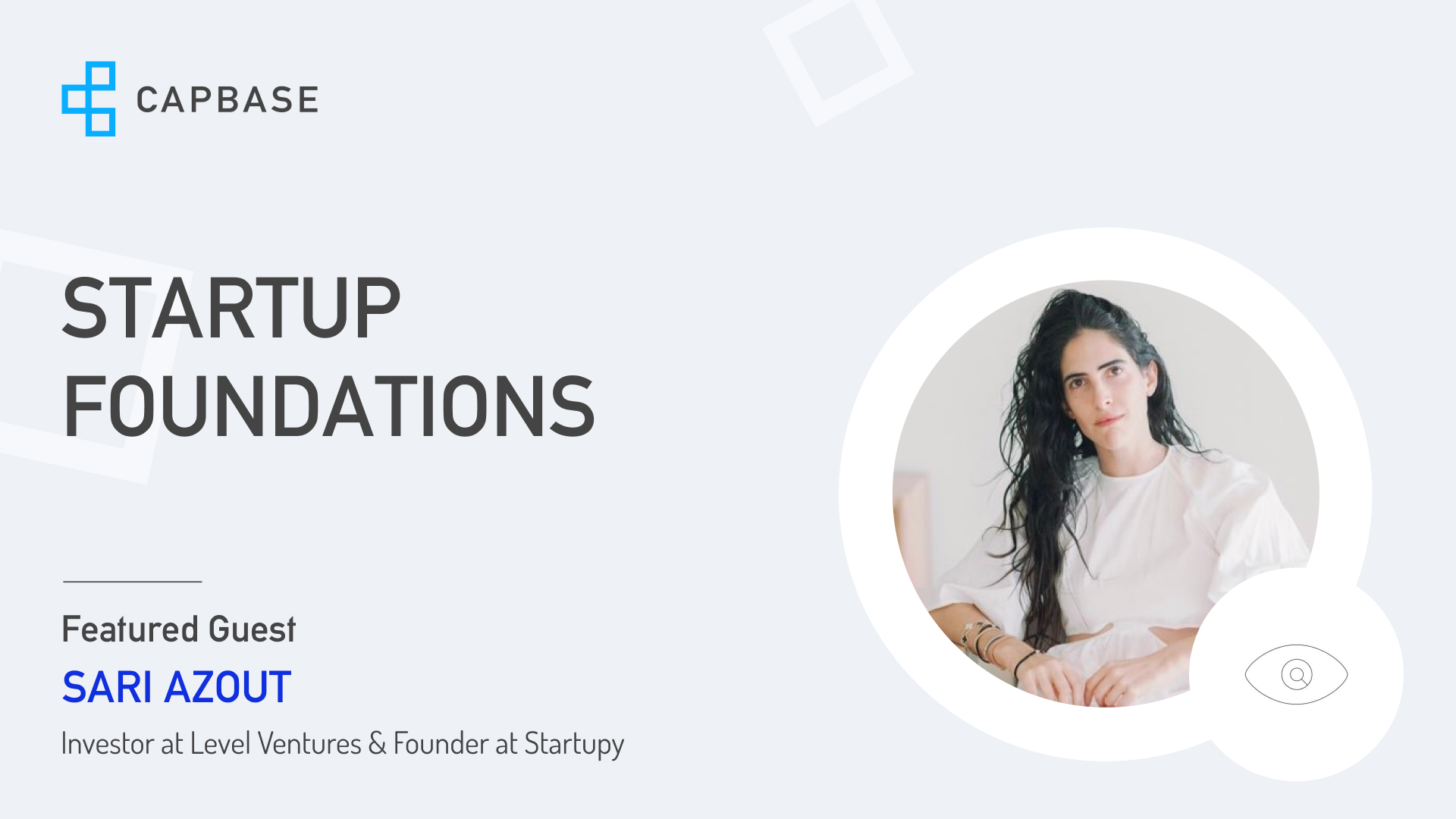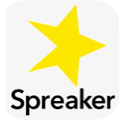The best podcast for entrepreneurs.
Sari Azout: Future of content monetization
This time on Startup Foundations, a conversation with Sari Azout, design-thinker, storyteller, angel investor, and founder of Startupy, a company building a community curated knowledge network for startup founders.
About This Episode:
Sari started her career in finance after graduating from Brown University, and eventually transitioned to tech. She talked to us about the idea of psychological freedom, or lack of thereof, resulting from the attention-based revenue generation models in social media. Sari discusses new, innovative ways of monetizing writing, and how phenomenons like crowdfunding or NFTs could positively impact content and creators.
Sari also talks about the untapped potential of newsletters and writing on the internet, and shares examples of how she successfully monetizes her newsletter. Greg and Sari also discuss the regulatory side of the advertising driven content distribution model, and how it can evolve in the upcoming years.
Sari sums up her perfect startup employee as someone who can wear many hats, be autonomous with alignment and put the company and the team ahead of their own ego.
Episode Transcript
Greg Miaskiewicz: Do you think that there's the potential that there will be backlash against this kind of information overload? Like I personally sometimes feel like I need to turn off all media. Like I went on vacation, and I deleted every app from my phone other than slack, which I needed to check for work, occasionally.
Sari Azout:
I mean, no question. Something that I think about a lot is this idea of psychological freedom. And I think that we don't really have that psychological freedom. And I think it's a function of the interfaces, because if you think about Twitter, if you don't check Twitter for two days, chances are when you log on three days from now, you've kind of missed what you've missed. But if we had interfaces that allow you to resurface things as you needed.
The framework for me is shifting from information that demands your attention to information on demand. If you woke up one day and you had some sort of problem or thing that you were thinking about, and you had a way to access insights, you were thinking about, I don't know, maybe you're doing diligence on a company in the design tool space, at that point, it might make sense to see, all right, what have interesting people written about the future of collaborative design on the internet? So for me, it's about shifting from these kinds of FOMO inducing interfaces to interfaces that make search and serendipity the core of the experience, as opposed to just like infinite feeds, which I think prey on our human vulnerabilities.
Greg:
Yeah. I think there's, within the feed personalization algorithms, there are deleterious effects on society because they're really optimizing for reactions, and there is a lot of content that you're not going to have a strong, positive or negative reaction to that you may want to see and is informative.
Sari: Yeah. Yeah, I think that's a great point. Now that we're shifting from this ad-based ecosystem to a subscription economy, I think that we are over-indexing on that and there's a ceiling on people's finances and attention, as you mentioned. And so my hope is that as we learn and understand these new business models, we'll settle on something that is a little bit more multiplayer. And what I mean by that is, like who has money or time to consume a hundred Substacks a month? That leads to redundancy. Lack of coordination.
And so I'm more excited about creators coming together and reimagining organizations like a newspaper, for example, but using things like maybe Dows or collectives or groups of creators, because I think we went from this top-down control, centralized, to now giving a lot of power to these atomized creators. But that doesn't solve the issue for the consumer, which is ultimately like people are overwhelmed and exhausted. And so hopefully I think the pendulum will shift and we'll see more of that interdependence in the form of collectives and whatnot.
Sari Azout: Yeah, it's interesting. I actually just this past week launched an experiment called ghost knowledge. The hypothesis is that today, writers have two ways to monetize essentially. One is ad-based. And one is subscription-based. But my sense is that that still leaves a large number of people who would like to write without a way to properly monetize.
And so ghost knowledge was essentially an experiment that said, most of our advancements as a society or civilization comes from advances in publishing. So what ghost knowledge does is it basically turns over the power to decide what gets written to an audience. An audience requests an essay, they pledge to an essay, and once the crowdfund meets a minimum amount, then the author will decide if they write it or not.
Sari Azout: Yeah, it's a great question. I would say like, I'm surprised by how not that many people can wear many hats. I think that a lot of people have kind of specialized. I think in startups, like your job description almost changes on a daily basis. You are reacting to the realities of the moment, and it's very hard to limit the job description to a very specific function or set of functions. So I think that the ability to wear many hats is number one.
I also think zero ego. Ultimately like I do sexy things and I do unsexy things. Like I spend a lot of my time going from like QA to a podcast to a long conversation with a developer. There's just a lot of stuff that you just have to be willing to do it all without an ego and to just put ... You can't be above anything. So I think it's like a zero ego where you put the company and the team ahead of your own ego, in a sense.
I also think that being able to pick your head up and look cross-functionally is very important. I think if you're a marketing person and you only look at marketing when you're in a startup and everything's connected, I think being able to understand the different functions and to be multidisciplinary is very important. Yeah, I would say like, what I always look for when I hire people is the ability to be autonomous with alignment. Like there's just like, as long as you're aligned on the mission, take ownership, run with this and do it. Own it from soup to nuts. And I think some people are comfortable with that. Other people are just used to environments where they just have a lot more support than they do in startups. Like the ability to just figure it out is something that ... Like the ideal startup employee can just take a problem and figure it out.
Sari Azout: Yeah. So I would say I spent, I would say the last decade of my life investing, building, writing, and thinking about startups and the future of the internet. I'm a voracious consumer of content. And I think that I'll always angel invest and I'll always continue to be an investor. But the problem that I truly came across and that I realized I'm very passionate about is this idea that the structure of how we consume information is not really conducive to long-term thinking. It's not really conducive to solving real problems.
I've always been inspired by Marshall McLuhan's work. He wrote a book called Understanding Media, and the core premise is that tools shape our thoughts. And the tools that we have today, Twitter and newspapers, they sort of dictate not only how we consume, but actually what we consume. For example, on Twitter, based on the structure, nothing has to be remembered. It's all ephemeral. It's all about rewarding the present and what's happening in the moment. And what ends up happening is that we are stripped of context. Our thinking becomes less associative and more hierarchical.
And so I'm a believer that we need more tools for better thinking and for better coordination of ideas. And so that's truly like the insight that led to Startupy, which is a community powered database of startup knowledge. So we are building a collective intelligence tool where we are mapping insights. We like to say that we present them the way that you think, which is in a way that is associative, so that you can go down like context, rich pathways, as opposed to just like the next dopamine hit based on these casino like interfaces that we've grown accustomed to.
This episode is a part of the Startup Foundations podcast.Learn epic startup stories from some of the most exciting founders in the valley!
This episode is a part of the Startup Foundations podcast.
Video Clips from Episode
Related Episodes

Sophia Yen is the CEO and co-founder of Pandia Health, a women-founded and women-led birth control delivery company. Pandia partners with pharmacies and doctors who specialize in women’s health to bring convenient, dignified and stress-free ways of accessing telehealth services.

Ashley Etling is the CEO and co-founder of LimeLoop, a smart shipping platform building reusable packaging and sustainable logistics solutions.

Jill Koziol is the CEO and co-founder of Motherly, an educational platform and lifestyle brand redefining motherhood. Motherly’s goal is building a movement helping women across the world thrive as mothers and make the most of their parenting experience.
